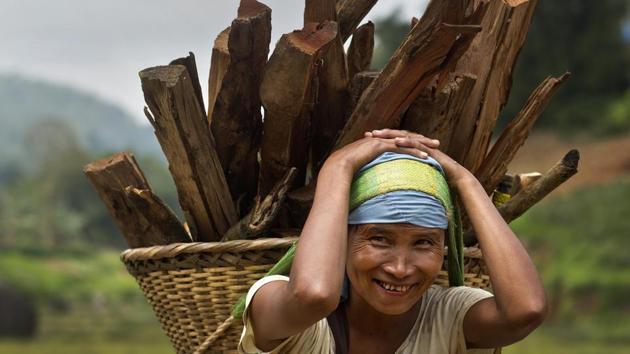Don’t dilute the RTI and the forest rights Acts
It is also important to remember that both these laws were the product of sustained, grassroots-level social movements. Consequently, perhaps the surest remedy against possible future dilution may lie not in judicial challenges (although that remains important), but in popular mobilisation.
With the 2019 general election yielding a decisive mandate for the National Democratic Alliance (NDA), attention will soon turn to the new government’s legislative agenda. As the government is returning to power for a second term, it is important to take a look at the legislative issues that arose during its first tenure, and what that might mean for the forthcoming five years.

The period from 2014 to 2019 was significant as it saw two landmark laws complete 10 years in operation: the Right to Information Act (2005) and the Forest Rights Act (2007). While these two laws appear, at first glance, to be radically different, there is one thing that unites them: they both seek to achieve social justice by altering a long-standing and unjust set of power relations. The Right to Information Act (RTIA) does this by removing secrecy from government action, and opening up affairs of the State to public scrutiny. Information is power, and, in this way, the RTIA changes the balance of power between the citizen and the State, to the benefit of the former. Similarly, the Forest Rights Act (FRA) recognises and guarantees the rights of indigenous people and traditional forest dwellers to forest land. Based upon the principle that ecological conservation is best achieved in cooperation with indigenous forest dwellers, and by recognising them as rights-bearers, the FRA takes away power from forest bureaucracy, and vests it in some of the most vulnerable and marginalised citizens of our polity.
The last tenure of the NDA, however, saw some unfortunate attempts to undermine these laws. While poor implementation remained a consistent concern, the attempts also went further. For example, a bill was introduced to amend the RTI Act to dilute the independence of the information commissioners under the RTI regime, and subject them to the control of the government. This goes against the spirit of the RTI, which is to ensure that government remains accountable to the citizen as far as information is concerned. With respect to the FRA, a leaked draft in March revealed plans to change the forest rights regime, and once again empower the forest bureaucracy, at the cost of indigenous forest dwellers — extending as far as vesting impunity for armed violence, on the lines of the Armed Forces Special Powers Act. As in the case of the RTI Act, this would destroy the very basis of the FRA, which placed the rights and interests of indigenous forest dwellers at the heart of the legislative programme.
Despite their incomplete and tardy implementation over the last decade and a bit, the RTIA and the FRA have proved themselves to be critical pieces of India’s social justice infrastructure. However patchily, they have altered a legal landscape that, continuing from colonial times, privileged administrative and governmental interests over the core rights of the citizen. The success stories of the RTIA in exposing corruption, inefficient use of resources, and bringing sunlight into the dark recesses of government are legion; and the forest rights regime’s insistence on the settling of indigenous forest dwellers’ rights, and Gram Sabha consent, before forest land is acquired or taken over, has gone some distance in reorienting the gross imbalance of power between citizen and State in a more egalitarian direction.
For this reason, it is to be hoped that the RTIA and the FRA will not be further undermined in the coming years, but will, instead, be protected and strengthened. However, it is also important to remember that both these laws were the product of sustained, grassroots level social movements. Consequently, perhaps the surest remedy against possible future dilution may lie not in judicial challenges (although that remains important), but in popular mobilisation. As was demonstrated in the case of the dilution of the provisions of the Land Acquisition Act, and the judicial dilution of the SC/ST Act recently, in a democracy, popular mobilisation is responsible for putting governments in power — and also, then, for constraining their actions in the direction of social justice.
Gautam Bhatia is an advocate in the Supreme Court
The views expressed are personal



